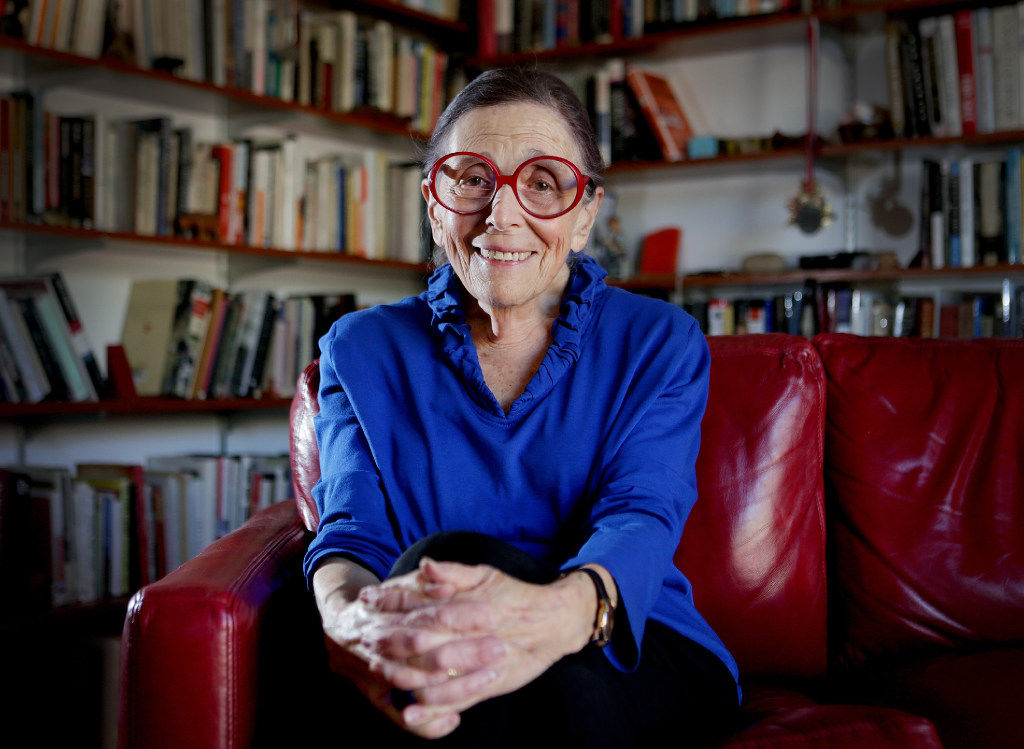“My 79-year-old husband is dying of cancer. Now he is on hospice care at home. He is disfigured (face), has trouble talking, and is obviously very ill. Our grandsons are four and seven. They used to visit him frequently before he got sick but haven’t seen him for several months. They have been told he is too sick to play. Should they see him at home to say goodbye? Should they go to the funeral?”
Tough questions. Life brings us all painful realities. Instinctively we try to shield our children from pain but it is not always possible. The reality of life is that death follows.
When should you tell a child that a loved one is dying? It was wise parenting to have already told these children about Grandpa’s sickness.
How do parents and grandparents tell young children that their grandfather will soon die? I believe in both truth and timeliness. Then children understand that grownups are “askable” and trustworthy.
Always tell children the truth using developmentally appropriate words.
- Share your feelings of grief to model how grownups deal with sad things.
- Encourage the child to talk about painful feelings.
- Empower the child by suggesting how to be involved.
Some children may act disinterested when told and neither cry nor seem concerned. They may feel guilty if they ever felt angry at the person and show behavioral changes like problems in school or acting out. Some worry about “contagion” (Will I catch it and die too?).
A child’s understanding of death is developmentally determined. Before the age of six or so children usually think of death as reversible and that we can still communicate with the deceased.
Preschoolers have no cognitive understanding of death although they perceive and respond to a loved one’s absence or illness. School-age children six to 10 view death as permanent and real but are unable to comprehend their own mortality. Adolescents begin to view death as real, final, and universal but don’t believe it will happen to them.
Do not try to conceal your own grief when you tell the child. Better you cry together and talk about how sad that Grandpa is dying than hide your feelings.
Should these young children visit their grandfather who looks and feels sick? I believe they should. I believe in giving children a chance to say goodbye.
If these were my grandchildren I would sit down with the parents and talk openly about this. I believe it is better to gently expose children to life’s realities rather than try to shield them. Why? Because what children imagine might be worse than the reality. (I remember the mother of a badly deformed stillborn baby in an era when doctor’s “humanely” tried to spare such mothers. I broke the rule, wrapped the baby in a blue blanket and gave him to the mother. She slowly unwrapped the baby and smiled through her tears. “I imagined something much worse!”)
Grandparents and parents ideally will agree with me and discuss the best time for the children to visit. Discuss this with your hospice nurse. Don’t wait until the grandfather becomes too sick to say goodbye.
Both the children’s parents and grandmother should demonstrate sadness and encourage the children to express their sadness. They should explain what to expect (the cancer made his face look weird and lose his hair and get very thin).
Painful as it is to experience the death of a loved one, facing the loss together gives a family precious time to deal with what is to come and to say goodbye. Crying together is therapeutic.
Grandmother and parents can play an important role here by expressing their own feelings and helping children express theirs. Suggest making up stories or drawing pictures of how they feel. Do not be surprised if a child seems to play normally and ignore what is happening. This is a defense mechanism that allows children to process the information.
Should young children attend the funeral of a loved one?
I believe the answer is yes. Children age seven and over should be involved in the family grieving process rather than excluded. A funeral makes the death seem real and gives the child a chance to both honor the dead person and feel a sense of community because others are sharing the grief.
Preschoolers will not experience the important sense of closure that the funeral can impart. However, if the young child is not likely to be disruptive and the child’s parents will not themselves be so overcome by grief as to disturb the child, there is nothing wrong with taking the child to the funeral.
Prepare children ahead of time as to what will happen at the funeral including lowering the coffin and covering it with earth. Someone familiar to the child but not involved in the ceremony should be with the child at all times to help the child with the grief, to answer any questions (“No, Grandpa doesn’t feel anything any more.”) or to remove the child if the child gets too upset.
Talk about the funeral (“Remember the rainbow we saw the day we said goodbye to Grandma at her funeral?”). Grieve together.
Sharing grief with children does three important things. It gives the child permission to grieve, it gives the message that you consider the child mature enough to deal with such issues, and it gives the child a sense of closeness with the most important persons in the child’s life, the parents and grandparents.





